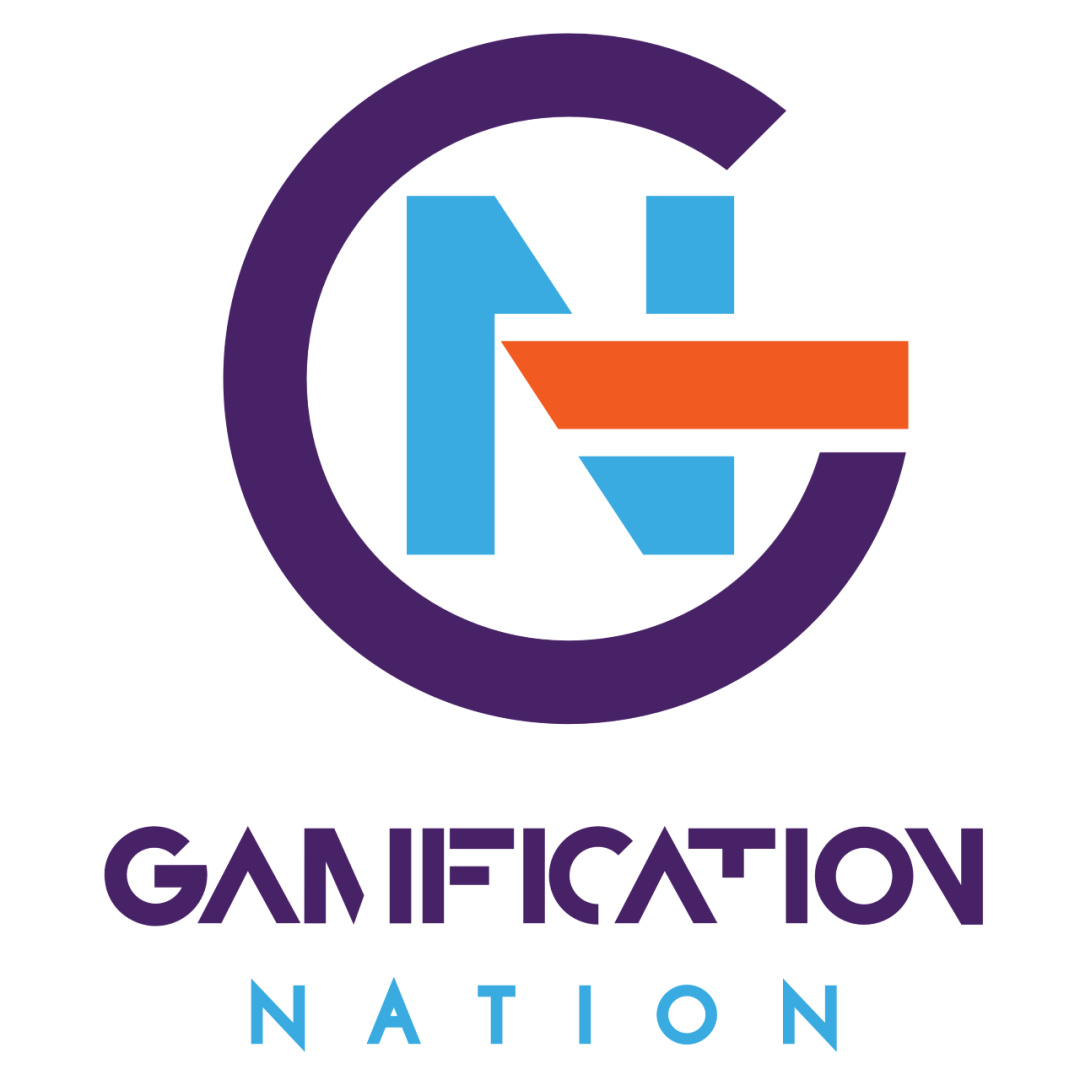We often receive calls from businesses that want to create a game. The distinction between a serious game and gamification is often misunderstood, so it is good to clear this up first. In my world in a serious game, you step into a game environment, in gamification you remain in the process of what you were doing, whether that is learning, sales, productivity, etc. Both a serious game and gamification may have the same objective, but they both arrive at the target from a distinctly different angle. In this post, I want to talk about what you need to create a serious game?
The starting point is to have a clear objective in mind. The objective should answer questions such as:
- What is the intention of the game?
- Why a game and not something else?
- How will you know your game hits the target?
Knowing your audience and the types of games they already play, in my view are essential to make your game accepted. If you have a mixed audience with multiple game preferences, then look for the common thread, where do they overlap. What could be the common storyline or gameplay, can you have a variety of levels that incorporate a few different genres of games?
The next step is very practically thinking about budget and accessibility. If you are looking to create the next World of Warcraft, you also need a sizeable say blockbuster game/movie type budget and a number of months to come up with it, with a big team. However, if you are thinking more along the lines of a Trivia quiz solution, you can find good designs for 3 or 4 figure sums. Each time you introduce custom graphics and deviate from the original template, you will need specialists to help you out.
How much reporting will you require, is a question I would like to know upfront. If we custom develop a game, the reporting has to built in from the start and may drive us to choose from existing game platforms and templates, with an inbuilt reporting tool.
The next decision point is the type of game, you want it to be. Different game types, allow for different interactions. In my game deck, I have included 13 different choices of game genres. It is good to read up on each of them and decide whether for example a role-playing game or a puzzle would be useful for the type of content you want your audience to engage with. The more players and the more complexity built in, the more budget and time for development you will need.
We like to build games that mimic or tie closely to a storyline that is relevant for the business. The more it relates to the day-to-day reality, the better the impact of the game. This could be expressed through specific graphics, narrative, sounds, environments that look familiar etc.
When it comes to game mechanics, I would say leave that to your game design and development team. It is not so easy to balance a game and create something compelling.
Do by all means volunteer and stay involved in playtesting so that you can refine the game.




